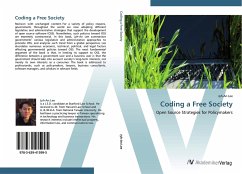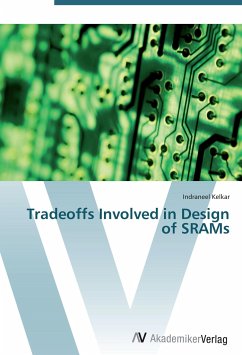Revision with unchanged content. For a variety of policy reasons, governments throughout the world are now adopting different legislative and administrative strategies that support the development of open source software (OSS). Nonetheless, such policies toward OSS are extremely controversial. In this book, Jyh-An Lee summarizes governments various legislative and administrative approaches to promote OSS, and analyzes such trend from a global perspective. Lee elucidates nu me rous economic, technical, political, and legal factors affecting govern mental policies toward OSS. The most fundamental argument of the book is that, in lending its support to OSS, the difference between a government user and a business user is that the government should take into account society s long-term interests, not merely its own interests as a consumer. The book is add ressed to professionals, such as policymakers, lawyers, business con sultants, software managers, and scholars in relevant fields.
Hinweis: Dieser Artikel kann nur an eine deutsche Lieferadresse ausgeliefert werden.
Hinweis: Dieser Artikel kann nur an eine deutsche Lieferadresse ausgeliefert werden.








